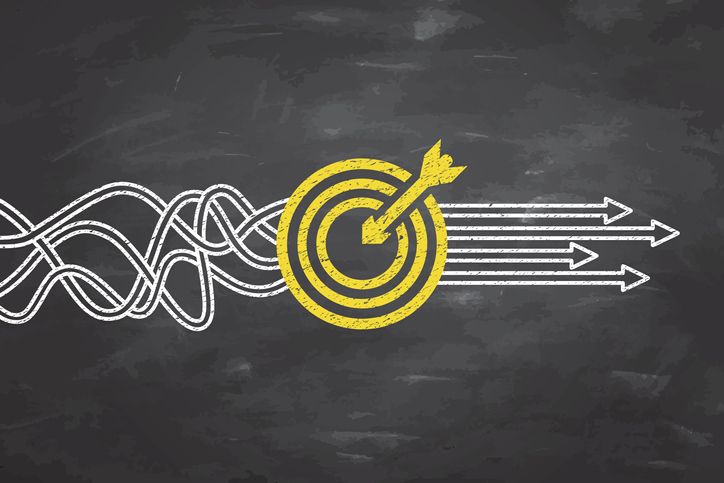Banks have new tools at their disposal to analyse and manage the positive and negative impacts of their investments.
The Positive Impact Initiative (PII), a think-and-do-tank within United Nations Environment Programme Finance Initiative (UNEP FI), developed the tools jointly with its member banks and signatories of the Principles for Responsible Banking.
It will present the two tools on 2 April in an online event.
The PII said they are ground-breaking because of their “360-degree review of economic, environmental and social impact areas, systematically looking at both positive and negative impacts”.
Banks will be able to get a global view of their own business, what impact themes to focus on, based on the impact profile of their portfolios and the impact needs of the countries they are active in, the organisation added.
While it should support risk and opportunity identification, it is intended “to help banks and investors manage their portfolios as much as it is expected to support business and product development”, the PII explained.
Tools
The corporate impact analysis tool helps investors gain a cross-cutting view of the impacts of their investee companies across different sectors and countries.
It is divided into three steps:
- Identifying significant impact areas of corporates, based on company typology, geography and sectors of activity;
- Assessing a company’s impact performance and impact management capabilities vis-a-vis its identified impact areas; and
- Monitoring a company’s impact areas, performance and management capabilities over time.
The portfolio impact analysis tool helps banks identify the most significant impact areas of its different portfolios.
It then enables an assessment of its performance vis-a-vis these impact areas in order to set meaningful targets.
The tools source data from public sources and corporate engagement.
Innovative business models
The PII believes that UN Sustainable Development Goals (SDG) funding is linked to a gap in business models.
It said that a more strategic and holistic approach to impact management is required to decrease negative and increase positive impacts and develop business models and growth, which are driven by positive impact creation.
“This collective effort and the tools are essential to provide responsible and innovative financial solutions enabling companies to accelerate their transformation, design new business models, and collectively deliver the SDGs,” said Diony Lebot, deputy chief executive of Société Générale.
“The portfolio tool redefines the boundaries of what, as banks, we should be focusing on to strategically manage our positive and negative impacts,” commented Derya Ozet Yalgi, head of sustainable finance at Garanti BBVA Investor Relations.
The tools are open source and freely available.







